It is believed that rabbits were first domesticated back in 600 AD. Because they have been domesticated for such a long time, it is no surprise that over the years people have bred many different variations of this furry little critter. Nowadays different types are categorized into three distinct groups:
- Fancy breeds - rabbits bred for shows and exhibits, as well as being pets of course.
- Fur Breeds - Rabbits that were originally bred for their fur or meat.
- Rex Breeds - This type has no guard hairs, giving their fur a very soft, almost velvet like texture.
This section lists some of the more common examples from each of these three categories. If you would like more information on each type, please have a look at our separate Rabbit Breed Guide.
Fancy Breeds
There are over 50 different breeds in this category, each with their own specific characteristics, not to mention the endless color variations and combinations. This section lists some of the more common examples from each of the three categories listed above. For more information on each type, take a look at our separate Rabbit Breed Guide.
AngoraThe Angora has particularly long hair, it grows up to 5in in length. Their coat needs constant grooming making the breed very high maintenance. We would not recommend this as a pet.
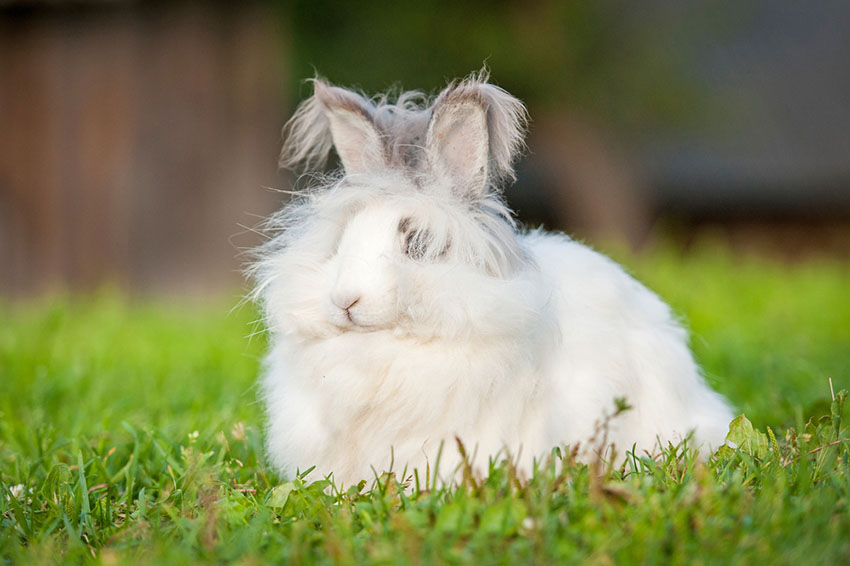
Angora rabbits are a very popular breed
Belgian Hare
This is a large breed that has some characteristics similar to those of a hare. Their ears, body and legs are very long. We wouldn’t recommend keeping this breed as a pet as they are very large.
DutchThis is probably the stereotypical rabbit. They have a white stripe around the front of the body and a white blaze on the face. They make for good pets.
EnglishThis breed has a distinctive line of color along the spine, with flecks of color around the eyes and on the ears.
Flemish GiantAs the name would suggest, this is a large breed. They weigh in at a minimum of around a stone, often more.
HimalayanThis breed has a pure white body with colored ears, legs, face and tail. They almost look as if they have been dipped in ink or chocolate. They have red eyes, too.
LopThe following breeds all have one thing in common, long floppy ears.
English LopPerhaps has the longest ears of all the lops, not recommended for the novice rabbit keeper.
Dwarf LopThis is a very popular breed for both showing and keeping as a pet. They are small and compact, with manageable long ears.
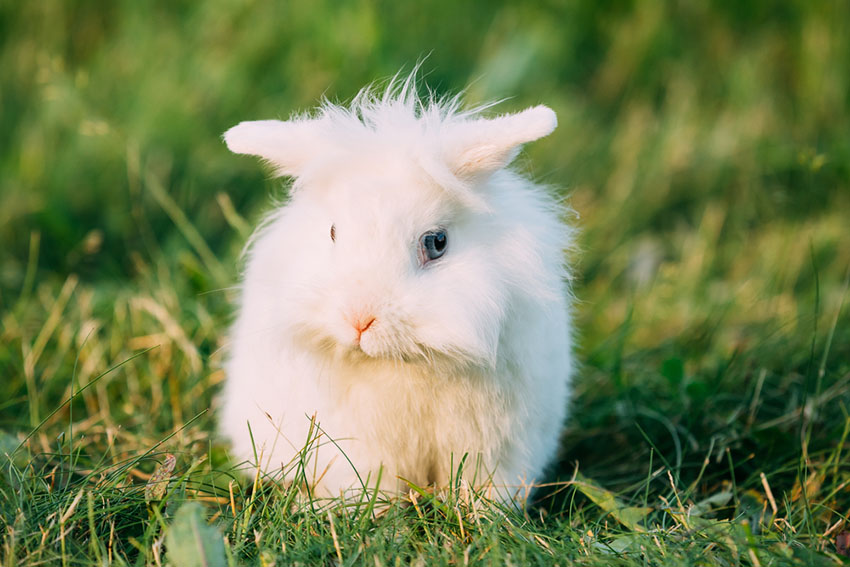
Dward Lop-eared rabbits are little sweeties
Fur Breeds
As mentioned above, fur breeds were originally bred for their coats. Some of them have fur that simulates or is very similar to other animals, such as the Silver Fox.
Rex BreedsBecause of the lack of guard hairs, the Rex really does look like it’s coated in velvet. This paired with the fact that they are a medium size and have a friendly personality, they make for very good pets. The coat of underfur with no guard hairs only came into existence sometime around 1920 as a result of intensive breeding.

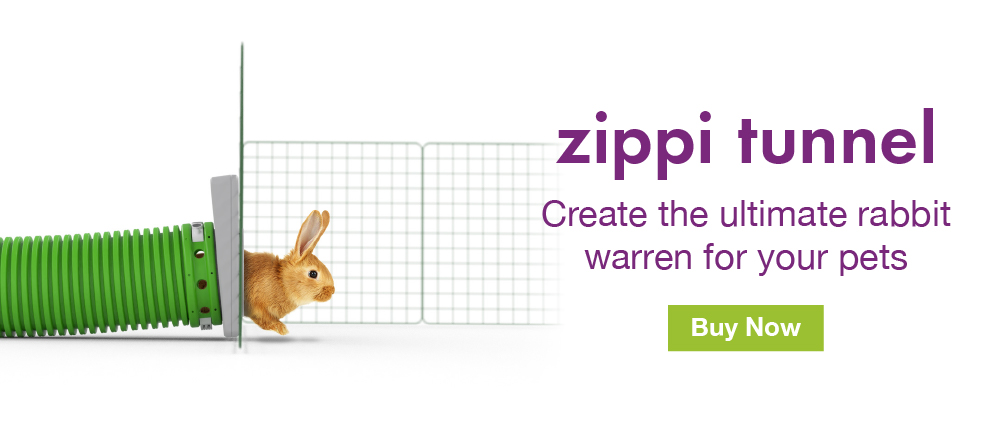

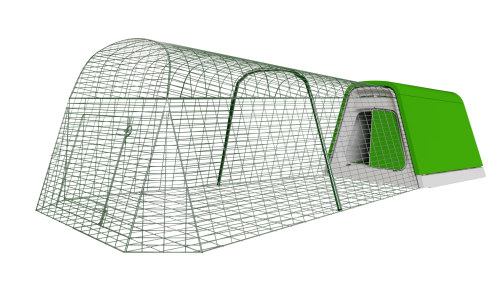

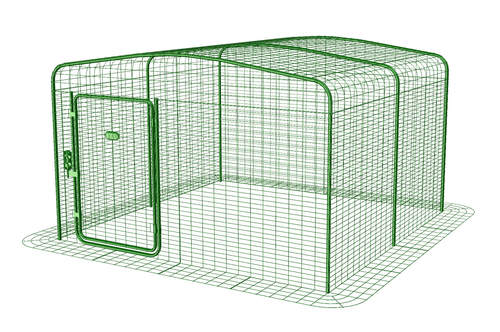
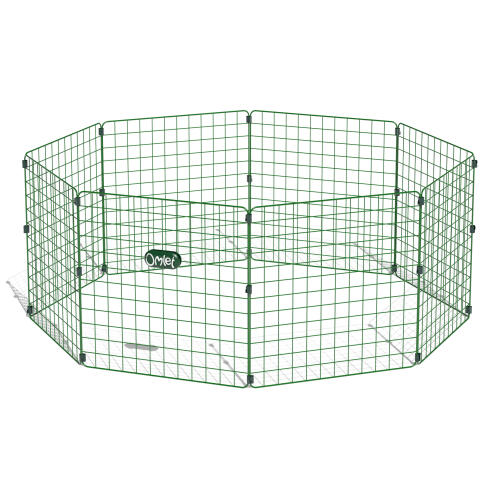
Comments
Marion, 13 June 2019
I have adopted a 5yr old rabbit. Not sure on breed, def lop eared. Has a large roll of skin around neck like a collar. Any suggestions please.
Rabbit, 9 June 2019
You are incorrect in saying that rabbits with rex fur have no guard hairs. They do have guard hairs, they are just very short, ideally the same length as the undercoat.
Denise, 26 March 2018
I have a dwarf bunny she is 9 months old liter trained and has the run of my apartment.I would like to know if I'm feeding Funny Bunny with all the things she needs.Organic spring mix, kale, carrots,apples and rabbit food.Thanks